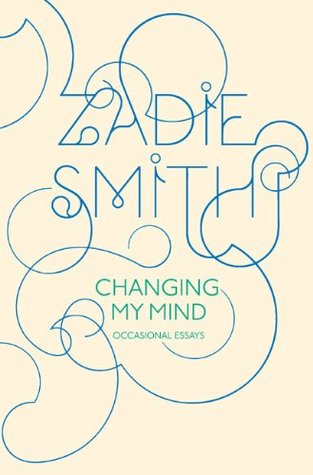[...] In the high style, one's loves never seem partial or personal, or even like "loves", because white novelists are not white novelists but simply "novelists," and white characters are not white characters but simply "human," and criticism of both is not partial or personal but a matter of aesthetics. Such critics will always sound like the neutral universal, and the black woman who have championed Their Eyes Were Watching God in the past, and the one doing so now, will seem like black women talking about a black book. When I began this piece, it felt important to distance myself from that idea. By doing so, I misrepresent a vital aspect of my response to this book, one that is entirely personal, as any response to a novel shall be. Fact is, I am a black woman, and a slither of this book goes straight into my soul, I suspect, for that reason. And though it is, to me, a mistake to say, "Unless you are a black woman, you will never fully comprehend this novel," it is also disingenous to claim that many black women do not respond to this book in a particularly powerful manner that would seem "extraliterary." Those aspects of Their Eyes Were Watching God that plumb so profoundly the ancient buildup of cultural residue that is (for convenience's sake) called "Blackness" are the parts that my own "Blackness," as far as it goes, cannot help but respond to personally. At fourteen I couldn't find words (or words I liked) for the marvelous feeling of recognition that came with these characters who had my hair, my eyes, my skin, even the ancestors of the rhythm of my speech. These forms of identification are so natural to white readers--(Of course Rabbit Angstrom is like me! Of course Madame Bovary is like me!)--that they believe themselves above personal identification, or at least believe that they are identifying only at the highest, existential levels (His soul is like my soul. He is human; I am human). White readers often believe they are colorbind. I always thought I was a colorblind reader--until I read this novel, and that ultimate cliché of black life that is inscribed in the word soulful took on new weight and sense for me. [...]

